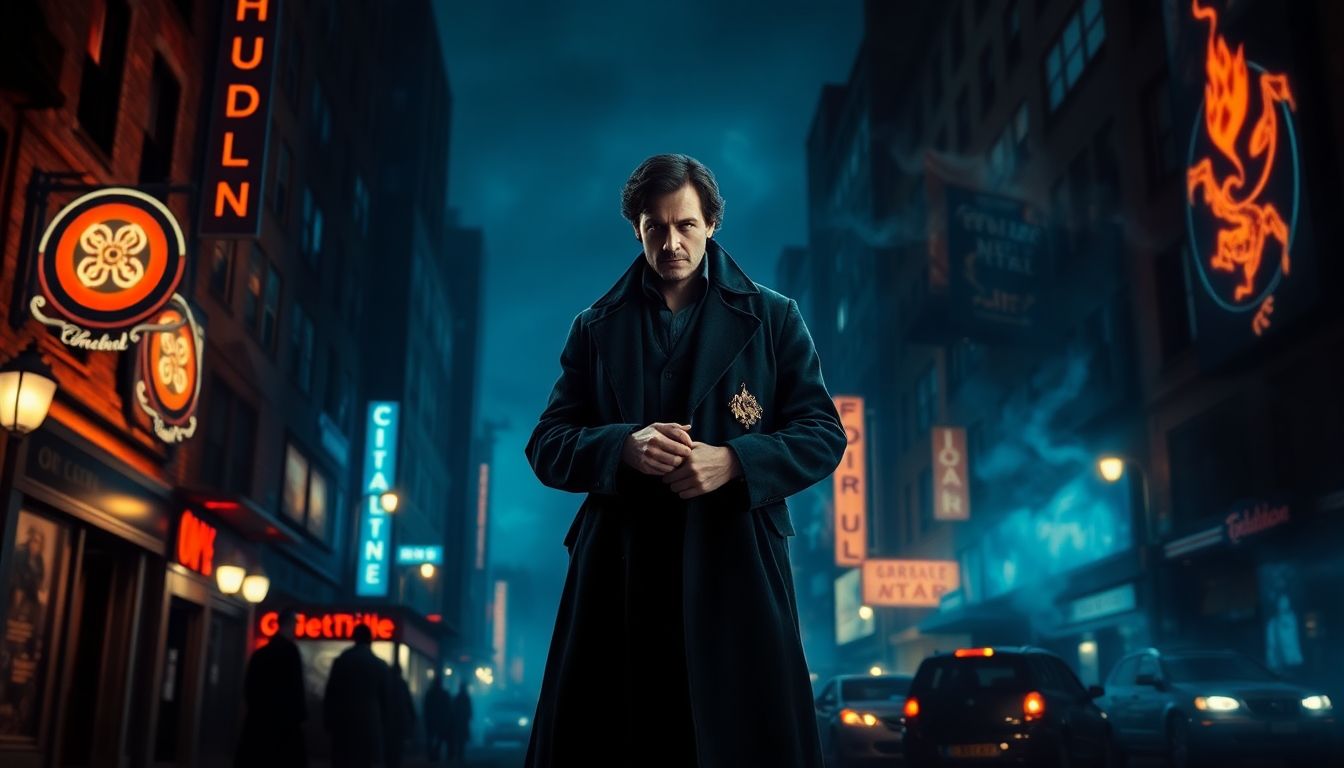Constantine offers a visually appealing blend of horror and action, with Keanu Reeves at its dark, noir-tinted center as an occult detective. While stylish and often engaging, the film could have benefited from a grittier visual style and tighter, less cluttered narrative.
Francis Lawrence (I Am Legend)-directed Constantine arrived at the dawn of comic book films—when the genre hadn’t yet found its commercial and artistic ground. The studios struggled to adapt the comics then, and Constantine is no exception.
Based on the cult comic book series Hellblazer from DC, the comic origins have a blonde, tough-talking British antihero John Constantine navigating London’s grim supernatural world. Billed as the new Judge Dredd, compared to the original, this Hollywood remake features Keanu Reeves as moody American Constantine and relocates the action to Los Angeles, where Heaven and Hell are secretly at war. Purists may shudder at such Americanization of reinterpretation, but Constantine works as a stylish, alternative take on the comic-book movie.
The film opens with a gripping exorcism scene, showcasing Lawrence’s talent for slick, effects-driven filmmaking. We’re introduced to Constantine as a chain-smoking, cynical exorcist whose past sins have condemned him to Hell. Desperate for redemption, he battles demons who walk the Earth in human guise, hoping his good deeds might reverse his damnation.
This all gets real messy when Constantine runs into Angela Dodson (Rachel Weisz), a homicide detective investigating her twin sister’s apparent suicide. Her research uncovers a conspiracy to invoke the Antichrist and destroy the world. This precedes a theological noir, as angels, demons, and half-breeds shadow the streets of Los Angeles, creating a series of visually innovative and humorous rounds of action.
Reeves performs well as jaded Constantine, offering a brooding, reluctant hero who will not turn his back on the film’s darker elements. Weisz is also strong as the rational cop drawn into supernatural turmoil. But it is the supporting players that add real zing—Tilda Swinton, Djimon Hounsou, and scene-stealing Shia LaBeouf bring charm and life that elevate the film.
Where Constantine falters is in its script. Here, Kevin Brodbin (The Glimmer Man) and Frank A. Cappello (He Was a Quiet Man) clog their story with exposition and a number of subplots that ultimately prove distracting. However, Lawrence provides worthwhile compensation with an assortment of graphic set pieces and innovative imagery. Here, although CGI-obese Hell can appear a little too manufactured for one’s liking—too video game fantasy and not enough hell—and later on not quite convincing as a vision of horror, it still delivers in entertainment.
In the end, Constantine is a playful, though flawed, addition to the comic-book franchise. Its goth atmosphere, stylish direction, and strong acting make it a gem of reimaginings from the early 2000s—although it never quite succeeds in tapping into its source material’s capacity for toughness.
